LG BX review (OLED55BX): the best cheap OLED TV, and perfect for PS5 and Xbox Series X
The LG BX brings high-end features for a great price, still with that rich OLED image quality

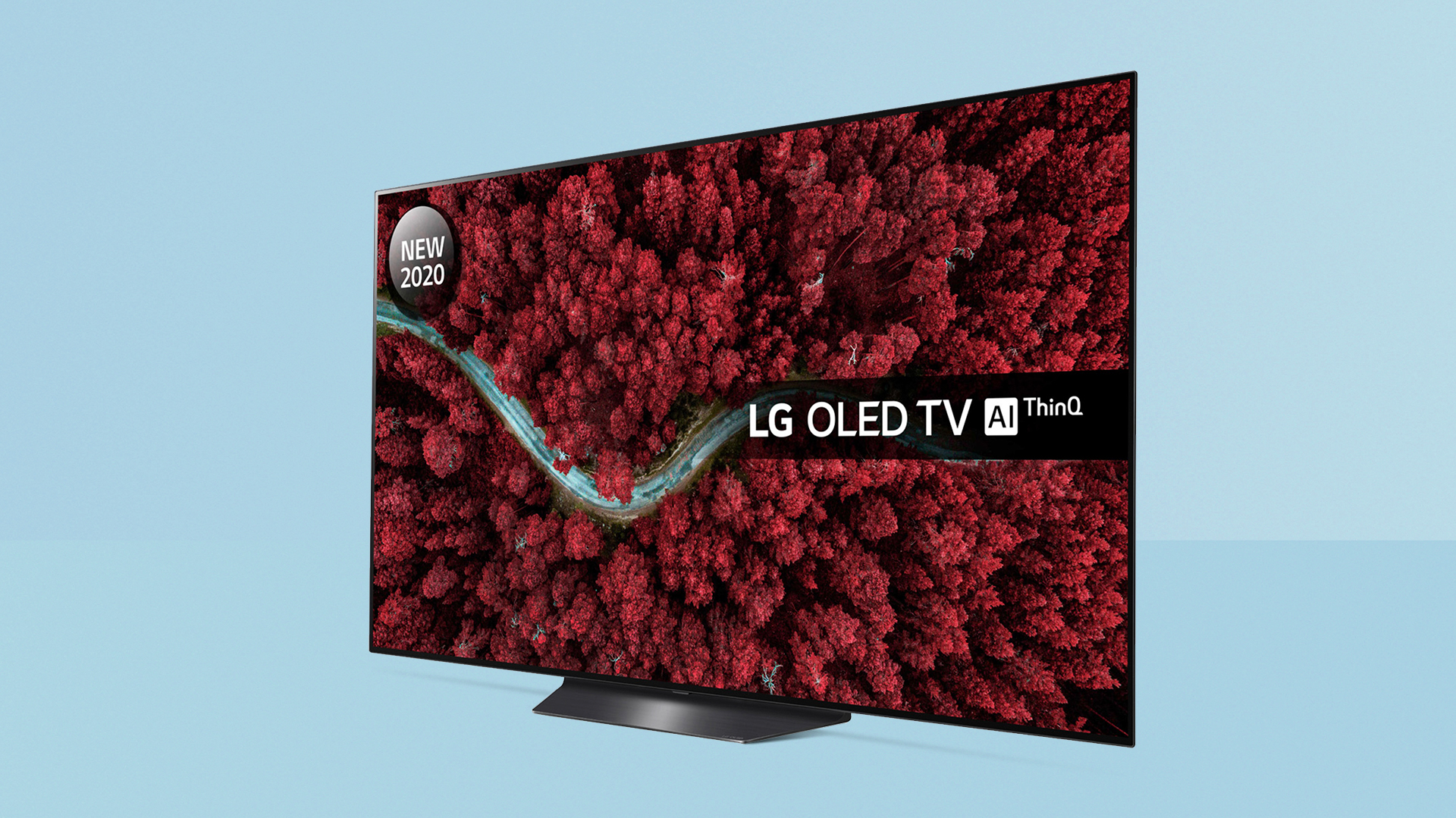
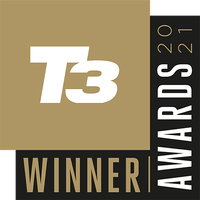
The LG BX is a compelling OLED TV, with superior HDMI support, and a high overall level of picture quality with both regular HD and 4K content. Throw in the competitive price, and you've got a bargain.
-
+
4K 120fps & VRR support for games
-
+
Cinematic image quality
-
+
Great smart platform
-
-
Weaker in bright light
-
-
Average audio
Why you can trust T3
The LG BX is one of the cheapest OLED TVs on the planet, bringing tons of exciting features for a remarkable price. But how does it differentiate from the brand's LG CX model that rides so high in our list of the best OLED TVs?
A closer look reveals that the LG BX uses the brand’s third-generation Alpha 7 image processor, while the rest of the current LG OLED range packs a more advanced Alpha 9 chip. Truth be told, in most other ways, the BX is comparable to its sibling sets. It benefits from the same onboard smart TV platform, plus ThinQ AI which enhances overall usability.
And now the LG C1 has arrived too, which is the 2021 replacement for the LG CX, and bring even better colour reproduction thanks to its newer processing… but has a higher price again. So the LG BX still stands out, especially since its own 2021 replacement (the LG B1) isn't expected until later in the year.
Given the popularity of the PlayStation 5 and the Xbox Series X, the most important features could be that it includes support for 4K at 120fps over HDMI and Variable Refresh Rate, along with a zippy gaming mode – all of which make it one of the best gaming TVs.
It means that after a series of price cuts, the LG BX is the best TV under £1000, and places it firmly in our guide to the best TVs, and even won it the award for Best Mid-Range TV at the T3 Awards 2021.
LG BX review: Price & features
The 55-inch LG OLED55BX tested here officially retails for £1,199/$1,499, but is now available for much less – you can see the latest prices just below. If you want to supersize, it also comes in a 65-inch screen size, officially priced at £1,699/$2,299, but again you won't need to pay that much.
The BX has four HDMIs. Inputs 3 and 4 are v2.1 and support 4K at 120Hz (topping out at 40Gbps @ 10-bit 4:4:4), designed for use with next-gen games consoles. The two remaining HDMIs are regular 8-bit 4K 60Hz inputs.
Few TV manufacturers are as on the ball as LG when it comes to advanced gaming functionality. For PC gamers there’s also NVIDIA G-SYNC compatibility, plus VRR (Variable Refresh rate) and ALLM (Auto Low Latency Mode) compliance.
HDMI 3 is also eARC/ARC enabled, for use with Dolby Atmos soundbars.
LG’s webOS remains one of the preeminent smart platforms available right now, and here it’s enjoyed an AI upgrade allied to the brand’s ThinQ architecture. Naturally there’s a wide range of streaming services available, including Netflix, Prime Video, AppleTV+, YouTube, Twitch and more.
In the UK, there's a lack of Freeview Play functionality, but there's good catch-up support otherwise. It still has a Freeview HD tuner for watching live.
Apps, smart functions, content and general settings can all be accessed via a two-deck launch bar which runs across the bottom of the screen, or directly from a dedicated smart home Dashboard.
The LG BX works with Alexa and Google Assistant for simple voice control, and works neatly with Apple AirPlay 2 and HomeKit.
The new AI content option makes recommendations based on your viewing history and app usage, although we think it might take longer than the review period we had with the set to build a convincing profile.
Other niceties include AI Picture Mode and Adaptive Audio, both of which can be found under a dedicated AI Service menu. These dynamically improve sound and vision based on ambient viewing conditions.
It’s probably worth noting though that the AI processing associated with audio can only be applied to the set’s own on board sound system. Benefits do not apply to any sound routed out to a soundbar or AV receiver.
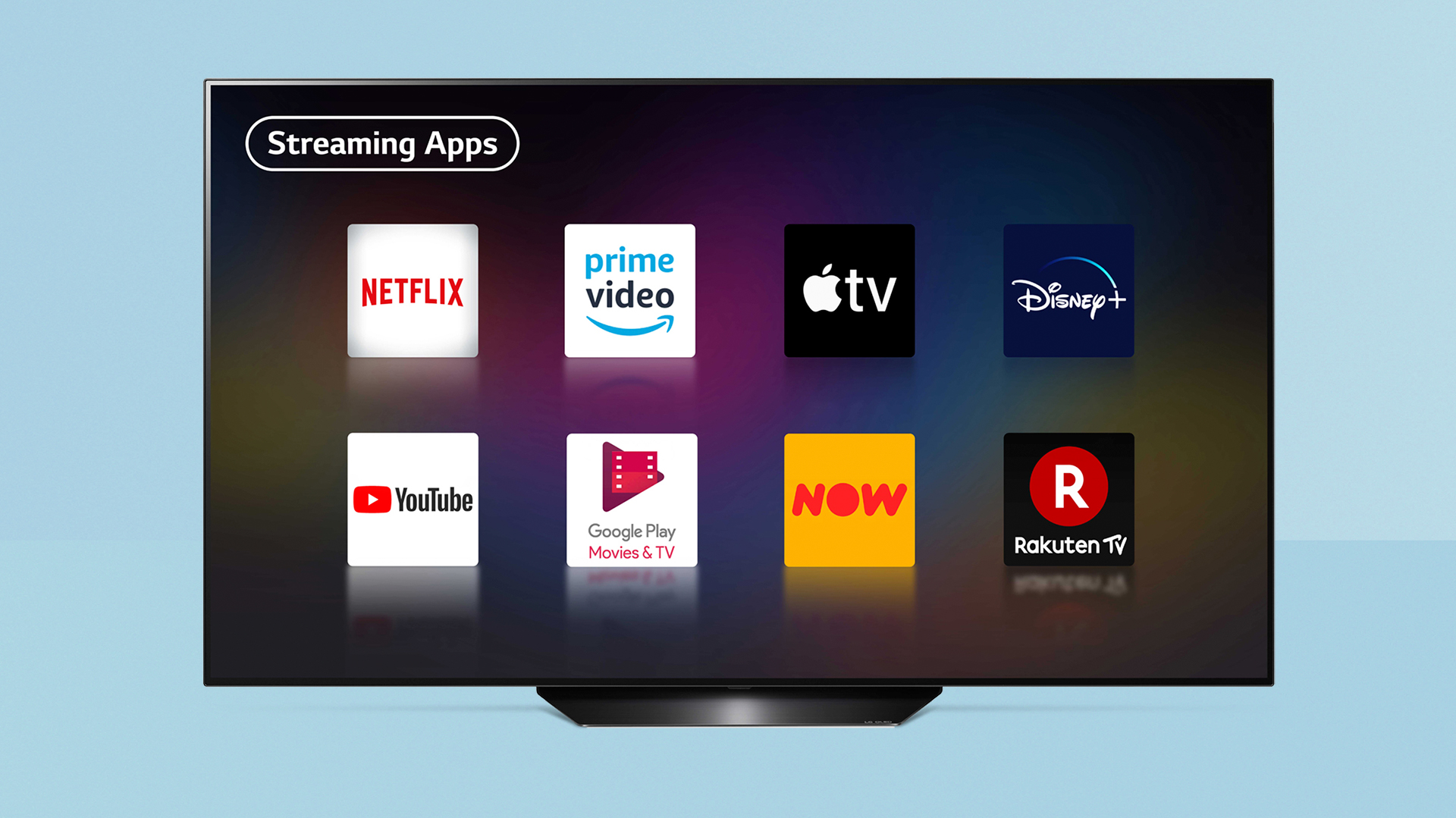
LG BX review: Picture quality
Picture quality warrants enthusiastic thumbs up. For sure, last season’s Alpha 7 processor used here isn’t as accomplished at the leading edge Alpha 9 found elsewhere, but it’s still very adept at texture depiction and contrast handling.
Image quality is thoroughly cinematic and impactful; colour fidelity is excellent. Greens and blues are deep and convincing. There’s no sense that you’re accepting a visual compromise when you view a BX (which is good, since it still costs a big chunk of cash).
Viewing modes comprise Vivid, Standard, Eco, Cinema, Sports, HDR effect, Filmmaker Mode, ISF Expert Bright Room and Dark Room. Standard and Eco are our recommended settings for most content, when viewed in rooms with some ambient light.
LG skews the majority of its modes for dark room viewing, and these simply don't show the set off to its best advantage in bright room viewing conditions.
There's not a great deal of difference between Filmmaker Mode and cinema mode when looking at SDR HD content, but it looks pretty good with 4K content.
Overall HDR performance can be considered good, if not remarkable for OLED. We measured peak brightness at just over 600 nits, using a 5 per cent testing window. Interestingly, there’s quite a pronounced drop when measured with a larger 10 per cent HDR patch. In terms of real world viewing, this translates to effective, small HDR peak highlights, the kind often favoured for fancy visual effects, reflections, and glinting headlights.
For comparison, the LG CX is able to reach around 750 nits with a 10 per cent window, so there's a noticeable improvement in brightness when you step up to the more expensive set.
OLED obviously delivers a perfect black, but importantly the BX’s near black performance is also very good. It’s here you’ll find low levels of detail and texture retained, all of which contribute to a pronounced sense of picture depth – though the brightness may not not be quite as strong as more expensive models, you're still getting the rich contrast you buy OLED for.
There’s HDR10+ format support here, but regular HDR, HLG, and Dolby Vision are on board, and the latter comes with Dolby Vision IQ support, which allows for better delivery of HDR when viewed in brighter room conditions (which is to say, it stops some HDR shows from just looking too murky and dark).
Oddly, we get no IQ labelling, but it works when you engage the Dolby Vision Cinema Home preset; this triggers the TV’s AI Brightness Control function, which uses the set’s light sensor to adjust the HDR image for room brightness. It works well with a demonstrable visual benefit, particularly on things like moody horror shows.
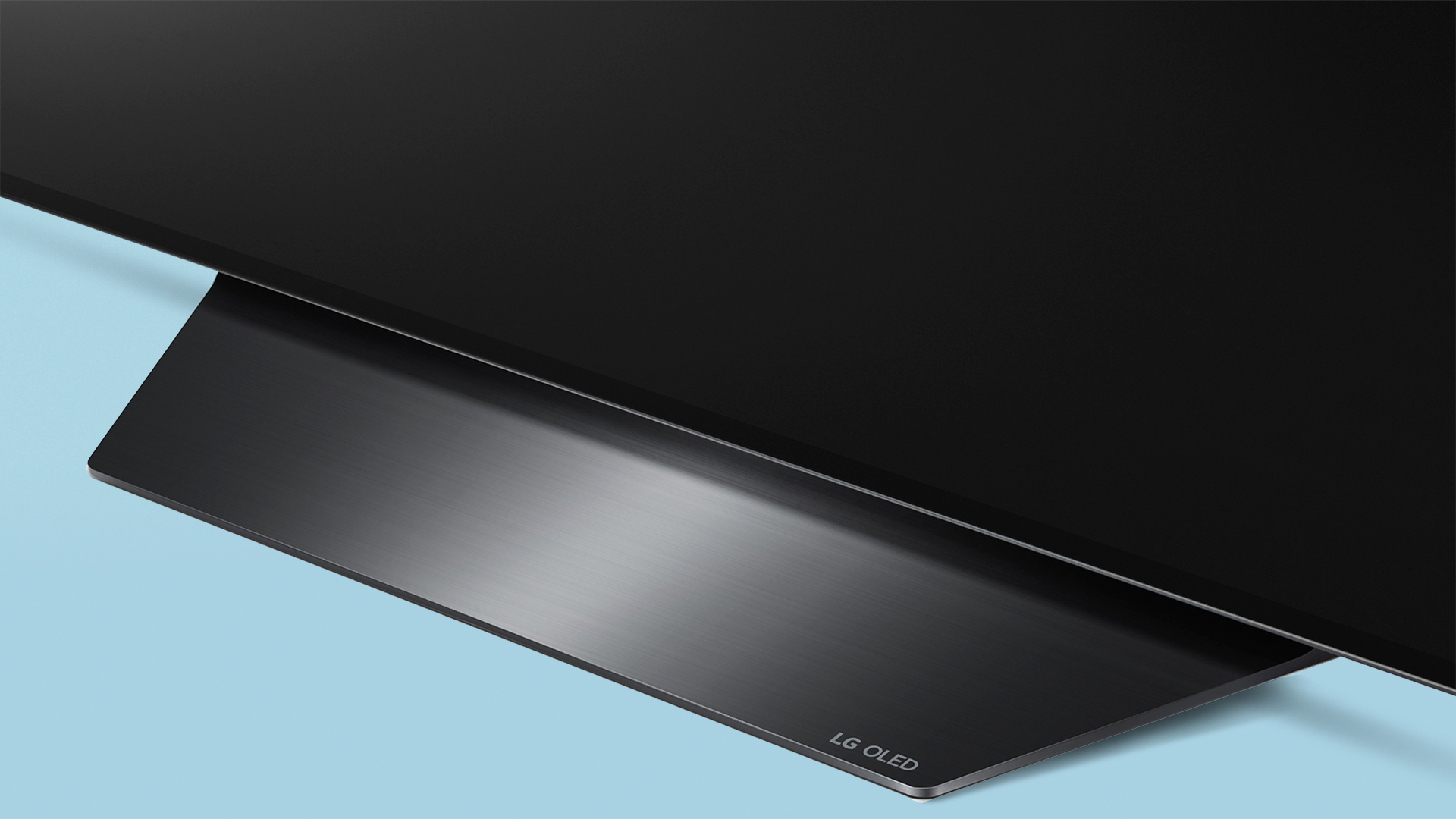
LG BX review: Sound quality
The LG BX puts in a perfectly acceptable mid-range performance when it comes to audio, as long as you manage your expectations.
The inevitable consequence of a downward firing sound system is limited stereo imaging, so the audio comes across as monophonic, still the resulting noise proves fine for everyday viewing, and there’s appropriate volume and weight, courtesy of 40W of claimed amplification. It’s very much in line with what you’ll hear from the brand’s CX models.
Of course, the set has a Dolby Atmos decoder, but this is largely ineffectual with the on-board sound. The good news is that the BX can pass Atmos through to a waiting soundbar or AV receiver, for more immersive audio. When Dolby Atmos is played, the set’s own AI Sound processing is disengaged.
We definitely recommend getting one of the best soundbars to pair with this – though its noise might be acceptable, it's as equivalently rich as the images.
LG BX review: Design & usability
We like the look of the BX, it’s modern but unfussy. It might be lower cost, but it doesn’t feel like you’re compromising on cosmetic design. The BX is enviably thin, swelling out only to accommodate electronics and connectivity. The ultra-thin bezel is barely noticeable – its main role appears to be to secure the panel to the central pedestal stand.
Usability centres on LG’s cursor-based Magic remote control. This Bluetooth wand features a thumbwheel control which takes a little getting used to, but there are handy dedicated buttons for major streaming services.
LG’s webOS smart platform ticks most of the boxes when it comes to functionality. There’s voice control, and a connected device dashboard to survey your smart home devices. The main launcher bar also now comes with a curated content rail for easy browsing.

LG BX review: Verdict
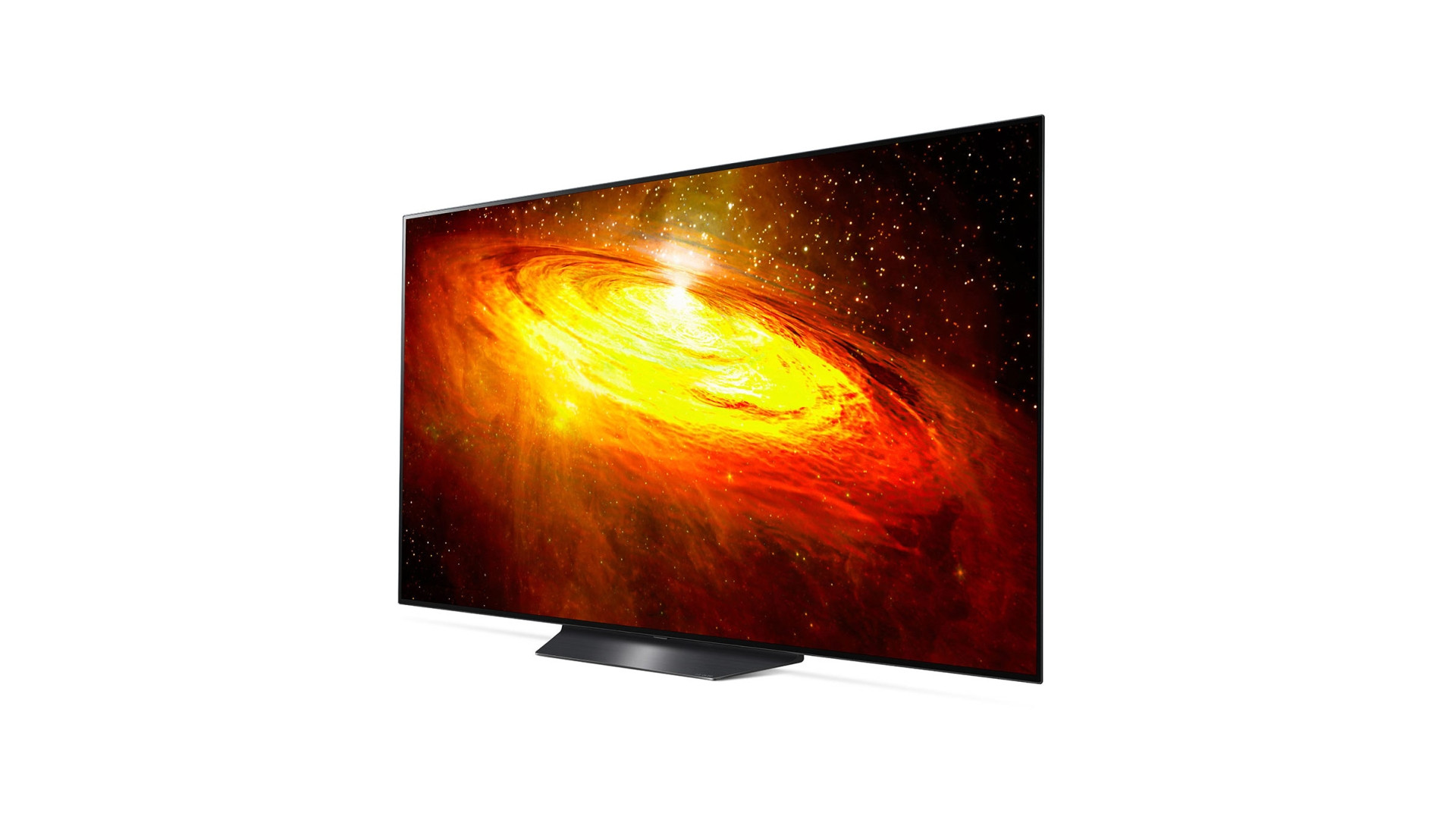
The LG BX is a brilliantly specified, competitively priced OLED TV that holds particular appeal to gamers. No other OLED set maker offers as much support for gaming hardware as LG, be it through those fast 4K 120fps HDMI inputs, VRR and ALLM, or PC centric NVIDIA G-SYNC support. Rival OLED screens from Philips, Sony and Panasonic just can’t compete in this regard.
In truth, it’s too early to tell if high framerates will become the norm for games, but there are already games that support them, and we'd certainly rather have the option than not, as a matter of future-proofing.
Picture quality is also extremely good, and while the BX’s Alpha 9-powered siblings have the edge in nuance and image definition, the differences are less obvious than you might first imagine. If you want contrast, punch and detail, the set doesn’t disappoint.
Overall, we rate the LG BX a terrific buy, particularly if you’re looking for a smart TV that’s as ready for games as it is for movies. Yes, the more expensive version is better, but when isn't that the case? As a balance of price and image quality, this is fantastic.
LG BX review: Also consider
The LG CX is the obvious option here – it's the BX's big brother, offering a brighter screen and more advanced image processing, but otherwise offers essentially the same features and smart TV platform. It comes in more sizes (48 inches, 55 inches, 65 inches and 77 inches) and costs more – the price is pretty reasonable, but enough that you'll need to think hard before stepping up from the BX. Read all our thoughts in our LG CX review.
Then there's the LG C1, which is the newer version of the CX, and offers yet another boost in image quality. But doesn't offer a leap forward in features – for gamers, the most significant option is the Game Optimizer, which lets you tell the TV what kind of game you're playing, and it'll tweak its setting accordingly for the best balance of image quality and responsiveness. Here's our full LG C1 review.
If you're looking away from OLED, the Samsung Q80T is probably the closest option at the price. This is one of the higher-end QLED 4K TVs from 2020, and is around the same price as the BX after a series of price cuts. It also has support for next-gen gaming features, but the screen goes much, much brighter, meaning it's probably a better choice if you often watch in brighter rooms, especially with sunlight. However, it doesn't have close to the same control and precision over dark areas, so if you're mostly planning to watch in controlled lighting and want that cinematic look, the BX is still the better choice. Both are top, top TVs, though. Here's our full Samsung Q80T review.
Sony's XH95/X950H is also a strong option. It's a bit cheaper than the LG BX at the same sizes, and has Sony's latest and greatest image processing for impeccable detail and motion handling. Again, it's much brighter than the LG BX, so may be a better choice if you room is bright. However, it can't handle dark areas anywhere near as well, and has notable blooming when dark is right next to light areas – if it's the famous precision in contrast of OLED you want, the BX is better. The Sony also doesn't offer the next-gen gaming features. Here's full Sony XH95/X950H review.
Sign up to the T3 newsletter for smarter living straight to your inbox
Get all the latest news, reviews, deals and buying guides on gorgeous tech, home and active products from the T3 experts
For over 25 years, Steve has been casting his keen eyes and ears over the best that the world of TV and audio has to offer. He was the creator of Home Cinema Choice magazine, and contributes to huge range of technology, home and music titles along with T3, including TechRadar, Louder, Ideal Home, the i newspaper, and more.
-
 Warning: Ciele’s refreshed Elite Collection may cause excessive garment envy on race day
Warning: Ciele’s refreshed Elite Collection may cause excessive garment envy on race dayFlex on your run crew with Ciele’s latest drop
By Matt Kollat Published
-
 Smeg adds a touch of navy sophistication to its iconic breakfast set
Smeg adds a touch of navy sophistication to its iconic breakfast setIt's a minimalist's dream
By Lizzie Wilmot Published
-
 My most anticipated Netflix movie of the year gets a wild new trailer
My most anticipated Netflix movie of the year gets a wild new trailerHavoc looks pretty unbelievable
By Max Freeman-Mills Published
